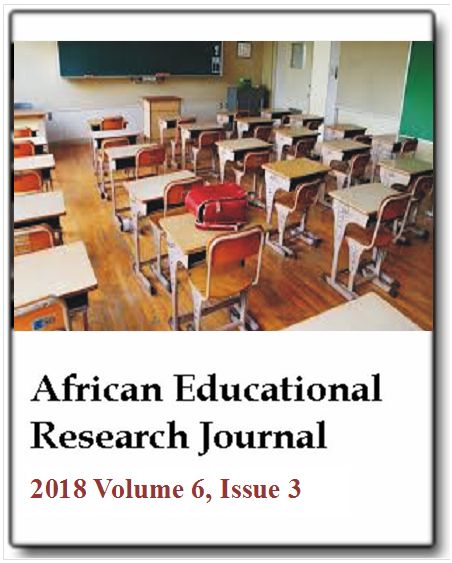Commodification in mass media’s educative function in Kenya: How now shall we think?
Benson KamaryAfrican Educational Research Journal
Published: July 25 2018
Volume 6, Issue 3
Pages 137-147
DOI: https://doi.org/10.30918/AERJ.63.18.049
Abstract
Mass media’s educative function has had a considerable influence in Kenya since the colonial period. The impact of mass media in shaping the contemporary worldviews—how people see and live in the world—has led to the transformation in the society. The influence of mass media especially in reinforcing commodification and economic rationalism presuppositions is profound because human beings are fundamentally creatures of habit and mass media contents are characteristically repetitive and unreflecting. Since mass media’s images and messages are embedded on philosophical ideas and principles which do not simply develop under spontaneous historical, social, and cultural influences but are products of a fundamental and directing commitment at the core of human thinking, they should be subjected to an authentic critique. From the premise that there is no neutrality in mass media, this paper examines the idea of commodification and its consequences in the society, and calls for a deliberate, thought-out, philosophically consistent approach for reflecting, critiquing and responding to how mass media educates its audience.
Keywords: Commodification, mass media, Kenya, economic rationalism, worldview.
Full Text PDFThis article is published under the terms of the Creative Commons Attribution License 4.0

